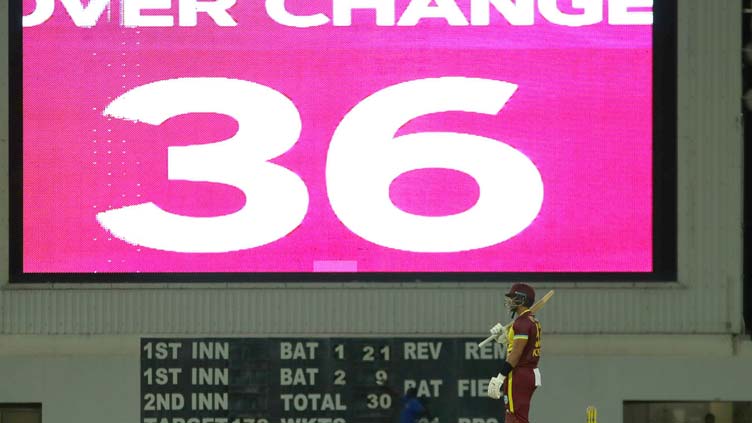
The International Cricket Council (ICC) has officially confirmed the implementation of the stop clock system in limited-over cricket, a groundbreaking decision set to revolutionize the game starting from the T20 World Cup 2024. This innovative move, co-hosted by the USA and West Indies, marks the first-ever usage of the stop clock in cricket, scheduled to commence on June 1st.
Initially introduced on a trial basis in men’s cricket last year, the stop clock system has yielded promising results in terms of expediting match proceedings, prompting its adoption as a mandatory playing condition for all Full Member One Day International (ODI) and T20 International (T20I) matches from June 1st, 2024. According to the ICC’s press release, the trial period demonstrated a significant reduction in match duration, saving approximately 20 minutes per ODI encounter.
“The trial was supposed to run until April 2024, but the experiment has already yielded results in terms of timely completion of matches,” the ICC stated in a press release.
“Results presented to the Chief Executives’ Committee (CEC) demonstrated that approximately 20 minutes had been saved per ODI match.
“The feature has now been added as a mandatory playing condition in all Full Member ODI and T20I matches from 1 June 2024.
“As per stop clock rule that was trialled in men’s white-ball cricket, the fielding side is expected to start a new over within 60 seconds of the completion of the previous over.
“An electronic clock, counting down from 60 to zero, will be displayed on the ground, with the onus on the third umpire to determine the start of the clock.”
Under the stop clock rule, the fielding side is required to commence a new over within 60 seconds of the completion of the previous over. An electronic clock, prominently displayed on the ground, will count down from 60 to zero, with the third umpire responsible for initiating the clock. Failure to adhere to the 60-second limit will result in two warnings for the fielding side, followed by a five-run penalty per subsequent violation.
The ICC has outlined certain exceptions to the stop clock rule, allowing for the cancellation of the countdown in specific scenarios. These exceptions include instances such as the arrival of a new batter, official drinks intervals, on-field treatment of injuries to players, and circumstances beyond the control of the fielding side.
Also, see:
Multan Sultans enter their fourth consecutive PSL final


